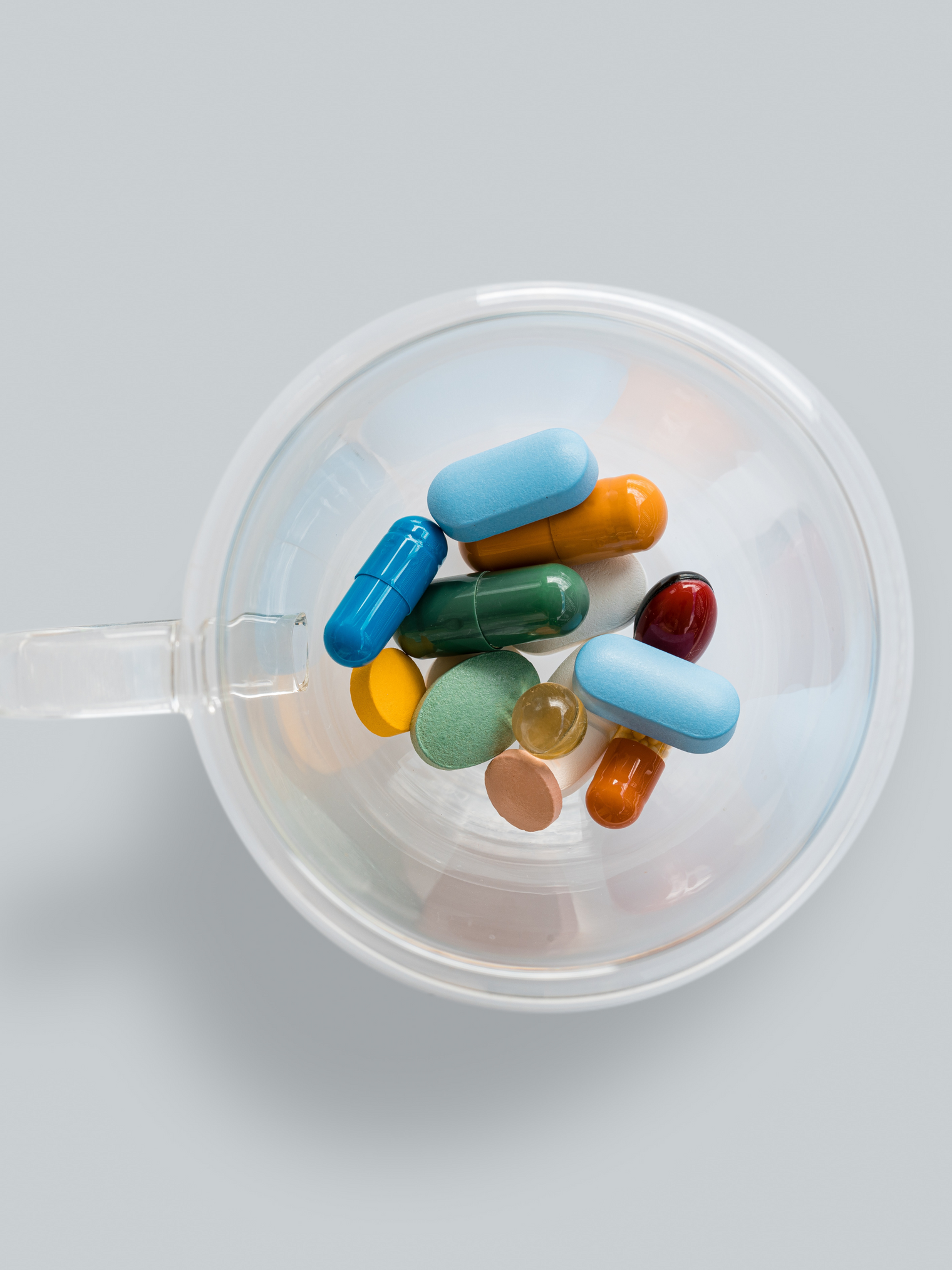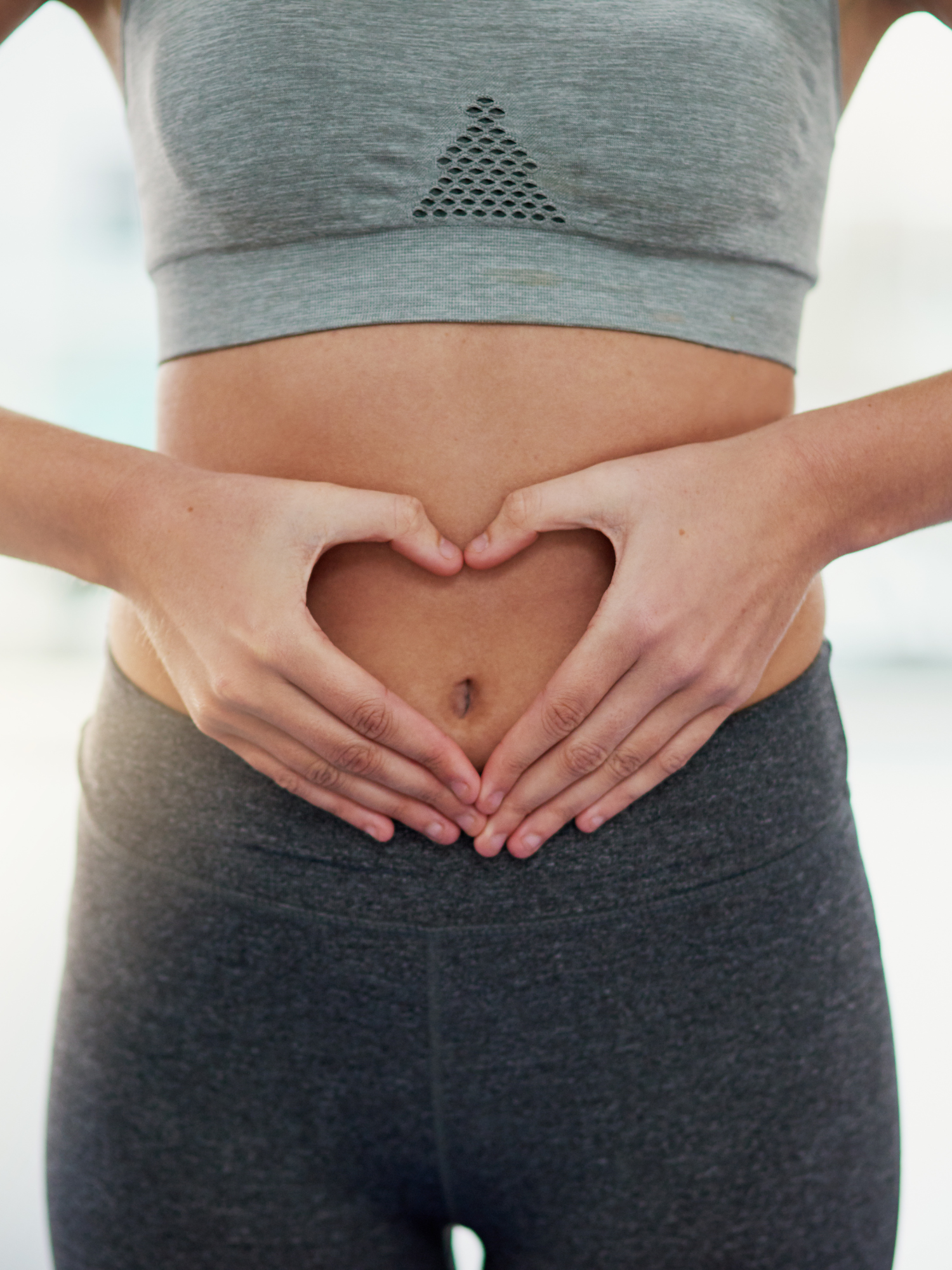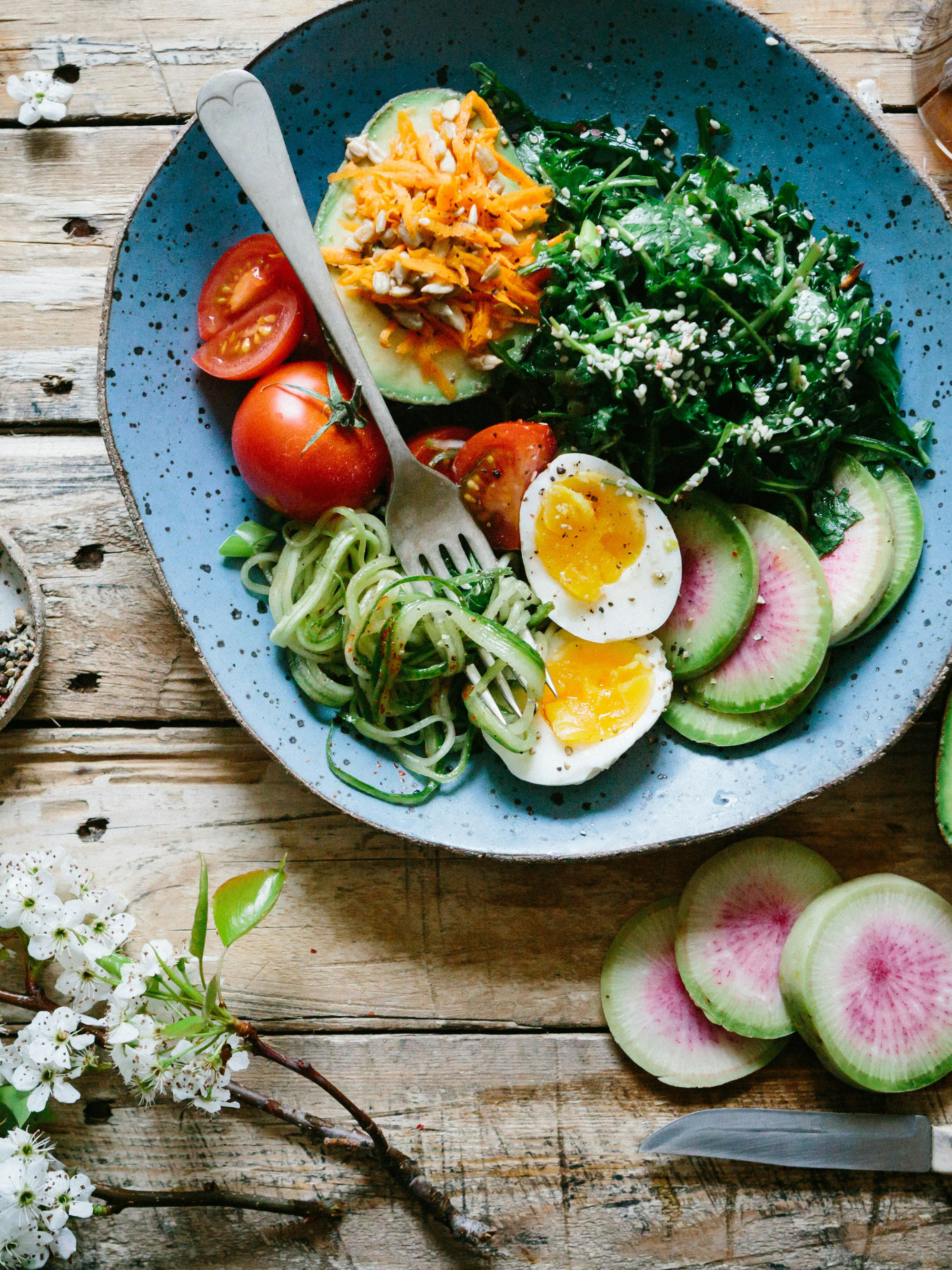
What do antibiotics do to your gut heath?
When we have a bacterial infection, we often take broad-spectrum antibiotics. Unfortunately, antibiotics do not exclusively target the “bad” bacteria causing the infection, but also wipe out the “good” guys too.
Some researchers have shown that after a few days of antibiotic treatment, there is almost a complete eradication of gut bacteria. These same researchers also found that some beneficial bacteria never return, even after long periods of time.
The imbalance between beneficial and harmful bacteria can lead to antibiotic-induced side-effects like:
- Diarrhoea
- Bloating
- Nausea
- Cramping
- Clostridium difficile infection (C-diff, for short)
We were recently asked what you can do to limit microbial damage and unwanted side-effects. Here's what we recommend:
1. Take a probiotic DURING and AFTER antibiotic treatment
Research shows that taking probiotics during antibiotic use can reduce the risk of diarrhoea and C-diff infection. Take the probiotics at least 2-3 hours before or after antibiotics to maximise their effects.
Probiotics after treatment will help re-populate your gut with beneficial microbes.
Here's what to look for when choosing a probiotic to reduce the side-effects of antibiotics:
- Look for Lactobacillus rhamnosus GG or Saccharomyces boulardii on the label
- The dose should be >5 billion CFUs (colony-forming units) taken twice a day
- Take during antibiotics, plus an additional week after
- Take 2 hours after breakfast and dinner
Are probiotics enough?
Think of your gut like a zoo.
The best kinds of zoos have many different types of animals, big and small.
If you've ever been to feeding time, you'll know that these animals eat a lot. And they each eat very different diets. We know that a lion wants fresh meat, but a zebra needs grass.
Your gut is no different. While you can always bring more species to the zoo (aka., the probiotics), you need to feed them a diversity of nutrient-rich foods!
2. A diversity of prebiotic fibres
Prebiotics are specific types of dietary fibre that can be fermented by our gut microbiome. In fact, prebiotics are our gut microbes favourite food. When they feed and ferment these specific fibres, they produce anti-inflammatory substances called short-chain fatty acids (SCFAs).
Prebiotics are found in onions, garlic, chicory root, dandelion leaves, asparagus, and artichokes. Unfortunately these foods contain only very small amounts though - chicory root has the highest percentage per gram, about 2 grams per serving.
To reap the benefits of fibre, you need to consume roughly 30 grams per day. So while it’s almost impossible to get enough through food alone, it’s very easy to add to your diet as a supplement.
Here at myota, we know that nurturing your gut with the right types of fibre has far-reaching benefits to support digestive health, beyond generic fibre supplements. We’ve spent a great deal of time and research finding high-quality fibres that help restore and support microbial diversity. Explore our mixes here.








